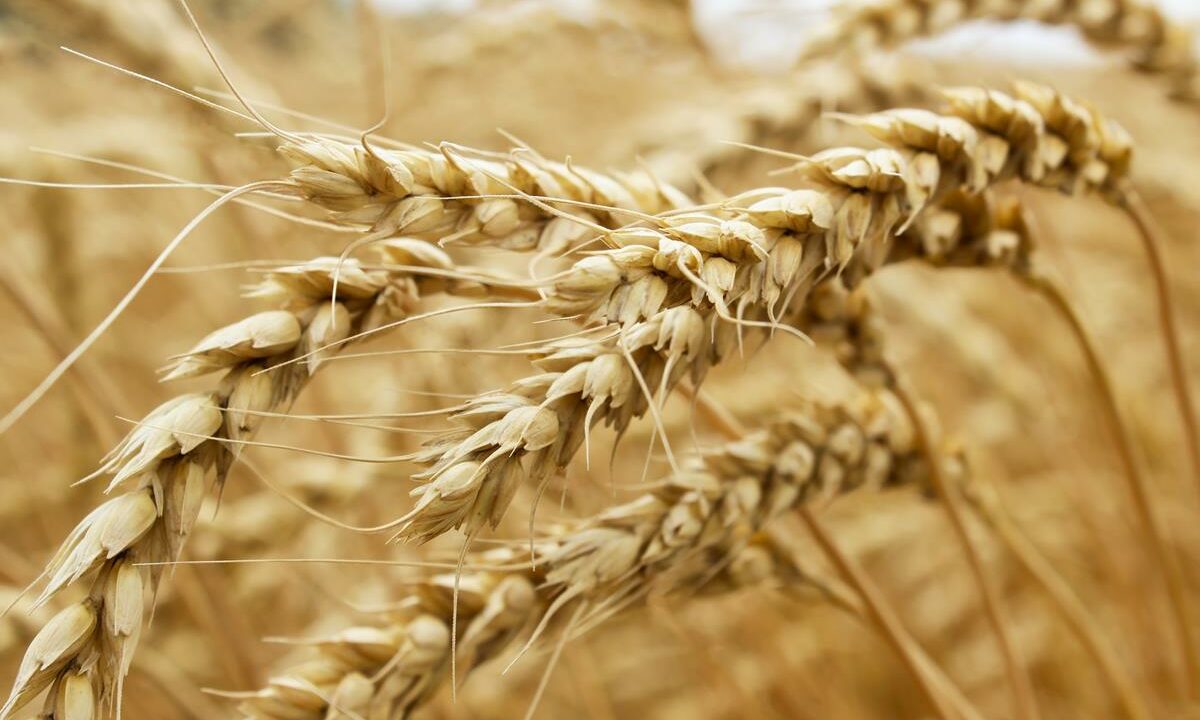The combination of “severe drought, Covid-19 related economic impacts and widespread displacement” has hit rural communities in Afghanistan hard, particularly its farmers and herders, according to the UN.
Agriculture plays an “important role” in the livelihoods of over 75% of the Afghan population, and is the “only means of subsistence” for nearly 90% of the poor living in rural areas. The sector contributes about 30% of the national GDP.
The Food and Agriculture Organization (FAO) of the UN has appealed for humanitarian assistance to be scaled up as an “ever-worsening drought threatens the livelihoods of more than seven million people who rely on agriculture or livestock”.
Many of these people are already among the 14 million people – one in three Afghans – who are “acutely food insecure and need urgent humanitarian assistance”.
‘Another threat to stability’
“Farmers and livestock owners must not be forgotten in today’s humanitarian crisis,” FAO director-general QU Dongyu said.
“Urgent agricultural support now is key to counter the impact of the drought and a worsening situation in Afghanistan’s vast rural areas in the weeks and months ahead.
“If we fail to assist the people most affected by the acute drought, large numbers will be forced to abandon their farms and be displaced in certain areas.
“This threatens to further deepen food insecurity and poses yet another threat to the stability of Afghanistan.”
Winter wheat season
In Afghanistan, wheat is a major staple crop with an annual requirement of 6.6 million metric tonnes.
The FAO aims to assist 250,000 vulnerable farming families – some 1.5 million people – for the upcoming winter wheat season.
Planting begins in late September and runs into October in many areas. However, the FAO said that current funding will only enable it to support 110,000 families.
“The window of opportunity to provide this assistance is closing quickly. We must act before it is too late,” Richard Trenchard, the FAO’s representative in Afghanistan said.
“If farmers cannot get the seeds they urgently need by the end of September or early October, then the winter wheat season will fail.
“This will be a disaster for millions of Afghans, both farmers and consumers.
“This next winter wheat season is a tipping point. If we miss it, disaster looms.”
The impact of drought on livestock
Afghan herders and livestock owners need urgent assistance to counter the impact of drought during the coming winter season, the FAO said.
Three million animals are estimated to be at risk, making livestock protection “urgently critical for herders and livestock owners across the country”.
The FAO’s assessment shows that “a high percentage of marginal herders and livestock owners are at a crucial stage and unless they are supported, they may have no other option than to sell their livestock holdings due to increased fodder/feed prices and also be displaced”.
‘The world would be watching’
Meanwhile, in a statement today (Monday, August 30), the UN High Commissioner for Refugees Filippo Grandi has said that the scenes at Kabul’s airport in Afghanistan in the past number of days “have sparked an outpouring of compassion around the world at the fear and desperation of thousands of Afghans”.
“But when these images have faded from our screens, there will still be millions who need the international community to act,” he said.
“In urging the Taliban and all other parties to uphold human rights, especially those of women and girls, the UN Secretary-General declared that the world would be watching.
“The evacuation effort has undoubtedly saved tens of thousands of lives, and these efforts are praiseworthy.
“But when the airlift and the media frenzy are over, the overwhelming majority of Afghans, some 39 million, will remain inside Afghanistan.
“They need us – governments, humanitarians, ordinary citizens – to stay with them and stay the course.
“The airlifts out of Kabul will end in a matter of days, and the tragedy that has unfolded will no longer be as visible – but it will still be a daily reality for millions of Afghans. We must not turn away. A far greater humanitarian crisis is just beginning.”
